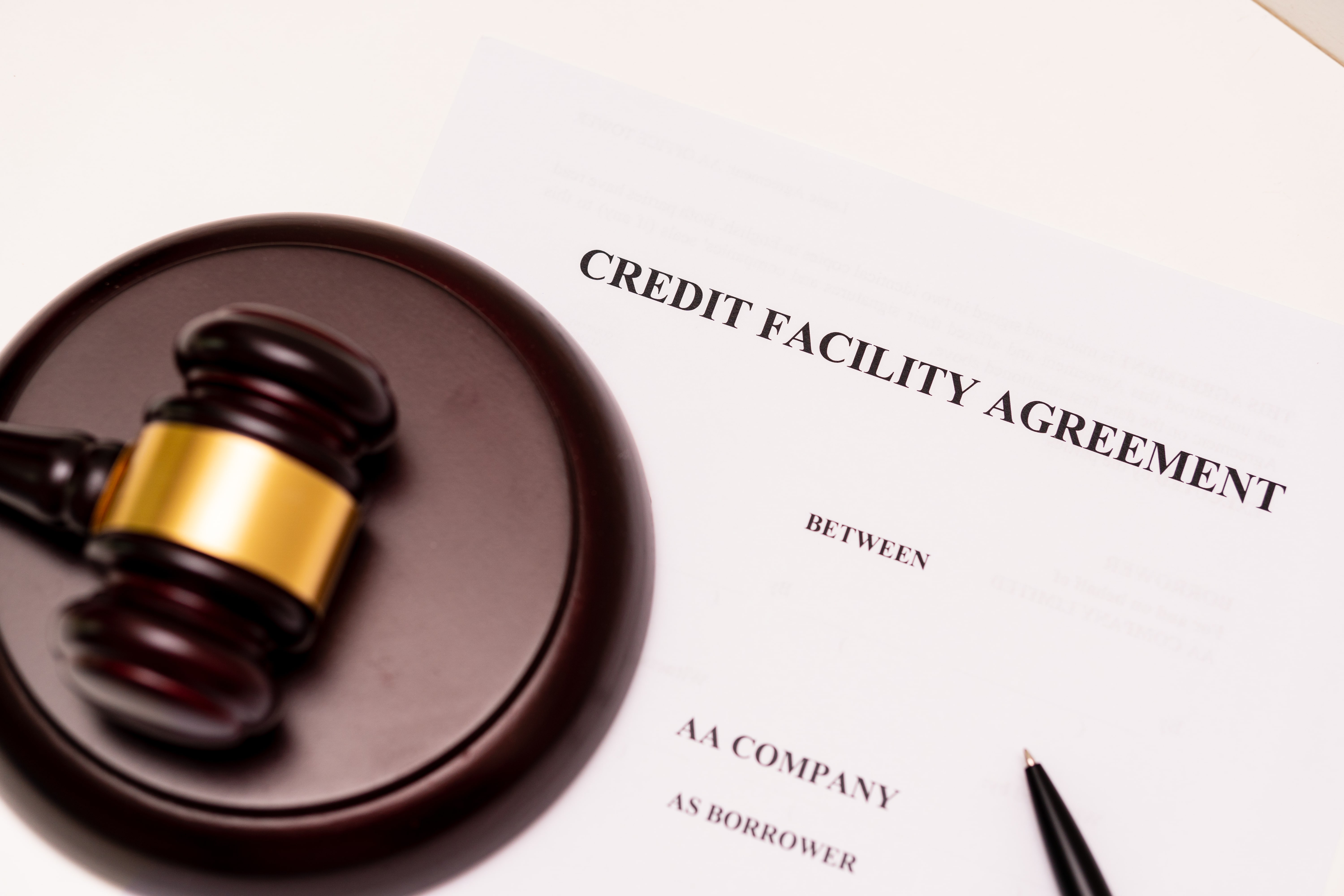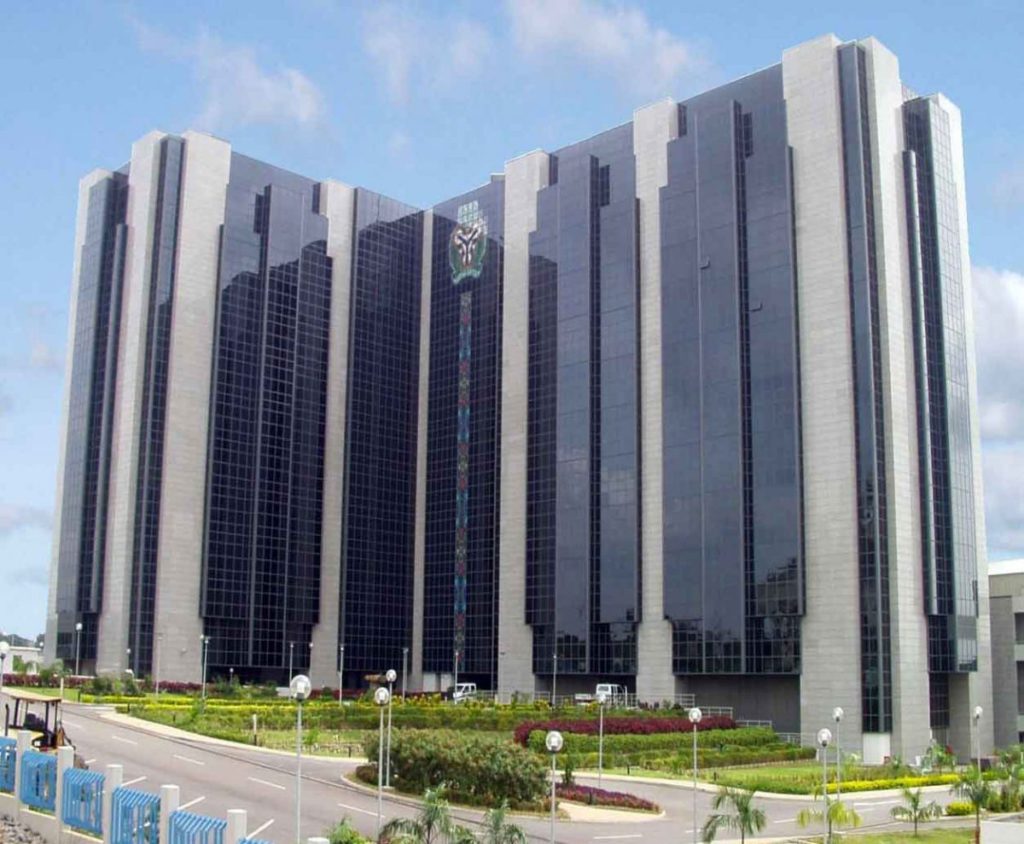Microfinance banks (MFB) thrive on providing services to the “unbankable”. Therefore, they provide services to those that can’t access regular commercial bank services. Essentially, they cater to all the immediate and potential needs that one may have. Microfinance banks are mainly patronized by low-income earners, especially those without high-value asset which are needed to obtain loans from commercial banks. One of the major services provided by these banks is to salary earners. There are MFB that give loans to salary earners, allowing them to pay back some time later.
This article is basically a rundown of the list of microfinance banks that provide loans to salary earners or salary advance. Therefore, if you’re looking to get one, simply select your preferred option from the list below.

MFB that gives loans to salary earners
The list of some of the most popular microfinance banks that give loans to salary earners are:
- Lapo microfinance bank
- Purple money microfinance bank
- CIT microfinance bank
- AB Microfinance bank
- Grooming microfinance bank
- Addosser Microfinance bank
- Asset Microfinance bank
- Bowen Microfinance Bank
- Capstone Microfinance Bank
- Cardinal Rock Microfinance Bank
- Cashconnect Microfinance Bank Ltd
- Cedar Microfinance Bank
- Chanelle Microfinance Bank
- CIT Microfinance Bank
- Corestep Microfinance Bank
- Cowries Microfinance Bank
- Credit Afrique Microfinance Bank
- Credit Express Microfinance Bank
- Crossover Microfinance Bank
- Daylight Microfinance Bank
- Desmonarchy Microfinance Bank limited
- Echo Microfinance Bank
- Edo Microfinance Bank
- Empire trust Microfinance Bank
- Enrich Microfinance Bank limited
- FFS Microfinance Bank
- Finatrust Microfinance Bank
- Finex Microfinance Bank
- First Option Microfinance Bank
- Flourish Microfinance Bank
- Fortress Microfinance Bank
- Giant strides Microfinance Bank
- Global Initiative Microfinance Bank
- Glory Microfinance Bank
- Green energy Microfinance Bank
- Hackman Microfinance Bank
- Headway Microfinance Bank
- High street Microfinance Bank
- GTI Microfinance Bank
- IBILE Microfinance Bank
- Ipodo-Ikeja Microfinance Bank
- Island Microfinance Bank
- Jessefield Microfinance Bank
- Kayvee Microfinance Bank
- Kudimoney Microfinance Bank
- Kada Microfinanace Bank
- Lawebod Microfinance Bank
- Leadcity Microfinance Bank limited
- Letshego Microfinance Bank
- Lifegate Microfinance Bank
- Links Microfinance Bank
- Magnet Microfinance Bank
- Main trust Microfinance Bank
- Mainstreet Microfinance Bank
- Manny Microfinance Bank limited
- Lovonus Microfinance Bank
- Maritime Microfinance Bank
- Sunrise Microfinance Bank
- Supreme Microfinance Bank
- Surbpolitan Microfinance Bank
- Susu Microfinance Bank
- Touchgold Microfinance Bank
- Townserve Microfinance Bank
- Treasures Microfinance Bank
- TCF Microfinance Bank
- Ultimate Microfinance Bank
- VCL Microfinance Bank
- Verdant Microfinance Bank
- Verite Microfinance Bank
- VFD Microfinance Bank
- Wesley Microfinance Bank
- Vineland Microfinance Bank
- Virtue Microfinance Bank
- XSLNCE
- YCT Microfinance Bank
- Zikado Microfinance Bank
- NPF Microfinance Bank
- Okengwe Microfinance Bank
- Oros Capital Microfinance Bank
- Owotutu Microfinance Bank
- Parallex Microfinance Bank
- Parkway Microfinance Bank
- Pecan Trust Microfinance Bank
- Penny wise Microfinance Bank
- Personal trust Microfinance Bank
- Petra Microfinance Bank
- Projects Microfinance Bank
- Providence Microfinance Bank
- Primera Microfinance Bank
- Purple money Microfinance Bank
- Rhehoboth Microfinance Bank
- Renmoney Microfinance Bank
- Ric Microfinance Bank
- Richway Microfinance Bank
- Pyramid Microfinance Bank
- Qube Microfinance Bank
- Reliance Microfinance Bank
- Rigo Microfinance Bank
- Royal blue Microfinance Bank
- Royal Exchange Microfinance Bank
- Safe Gate Microfinance Bank
- Seed Capital Microfinance Bank
- Shalom Microfinance Bank
- Shepherd Trust Microfinance Bank
- Snow Microfinance Bank
- Solid Allianze Microfinance Bank
- Solid trust Microfinance Bank
Are there MFBs that does not offer salary loan services?
Actually, most, if not all microfinance banks, offers loans to salary earners. It is a basic service offered by financial institutions, including commercial and microfinance banks.
What are the eligibility requirements for applying for a salary earners MFB loan?
The major eligibility requirement while applying for this loan is that your salary account is domiciled with the bank. Therefore, when your salary is paid at month’s end, they can easily deduct your loan repayment. Also, your salary needs to be up to a particular amount for you to access certain amount of loan. In all, they would present you with the available options during application.
Conclusion
If you are a salary earner looking for a loan advance, you can easily walk into any legitimate microfinance bank. More so, these banks offer loan services at competitive interest rates which varies from one bank to another.









